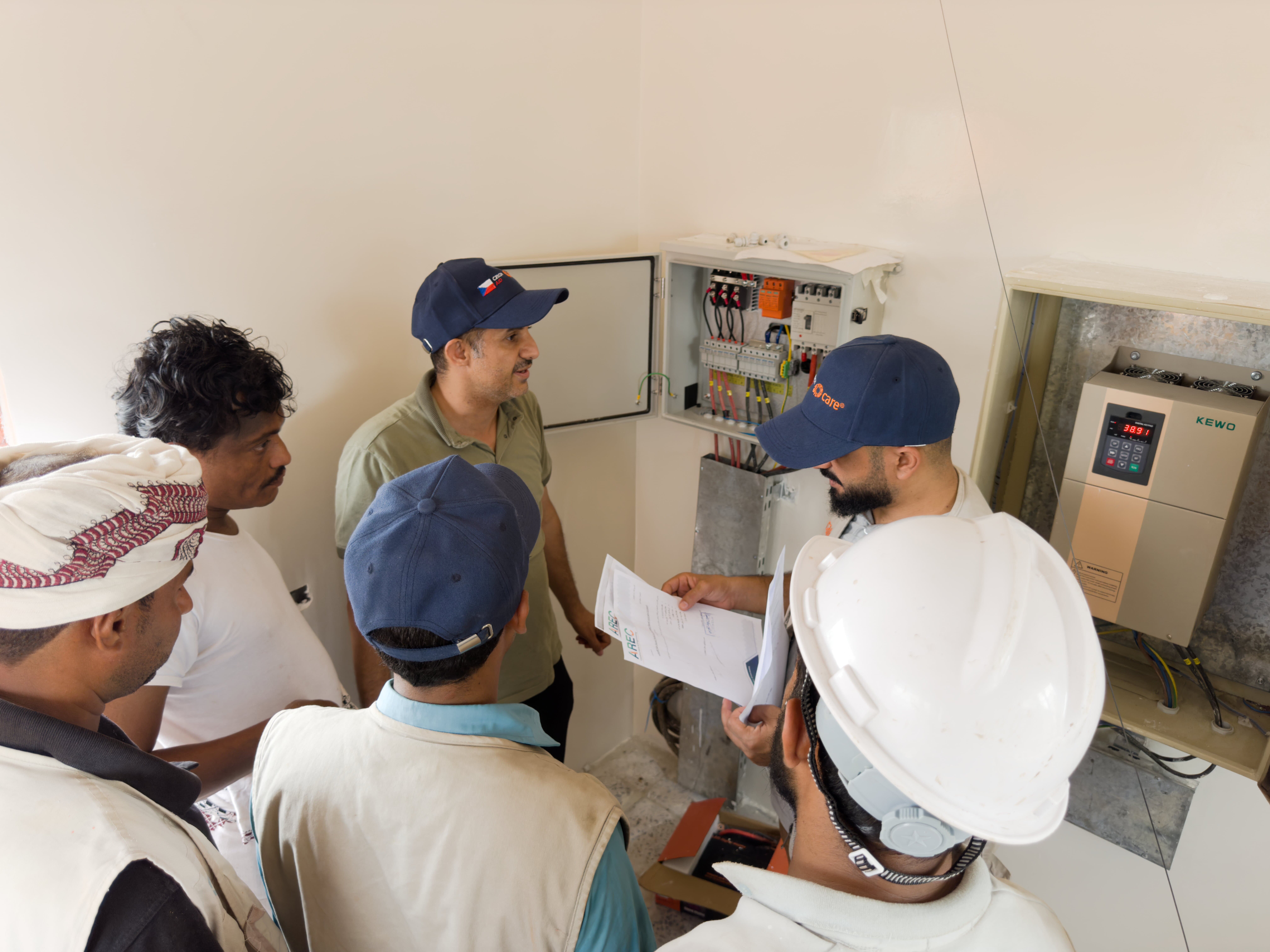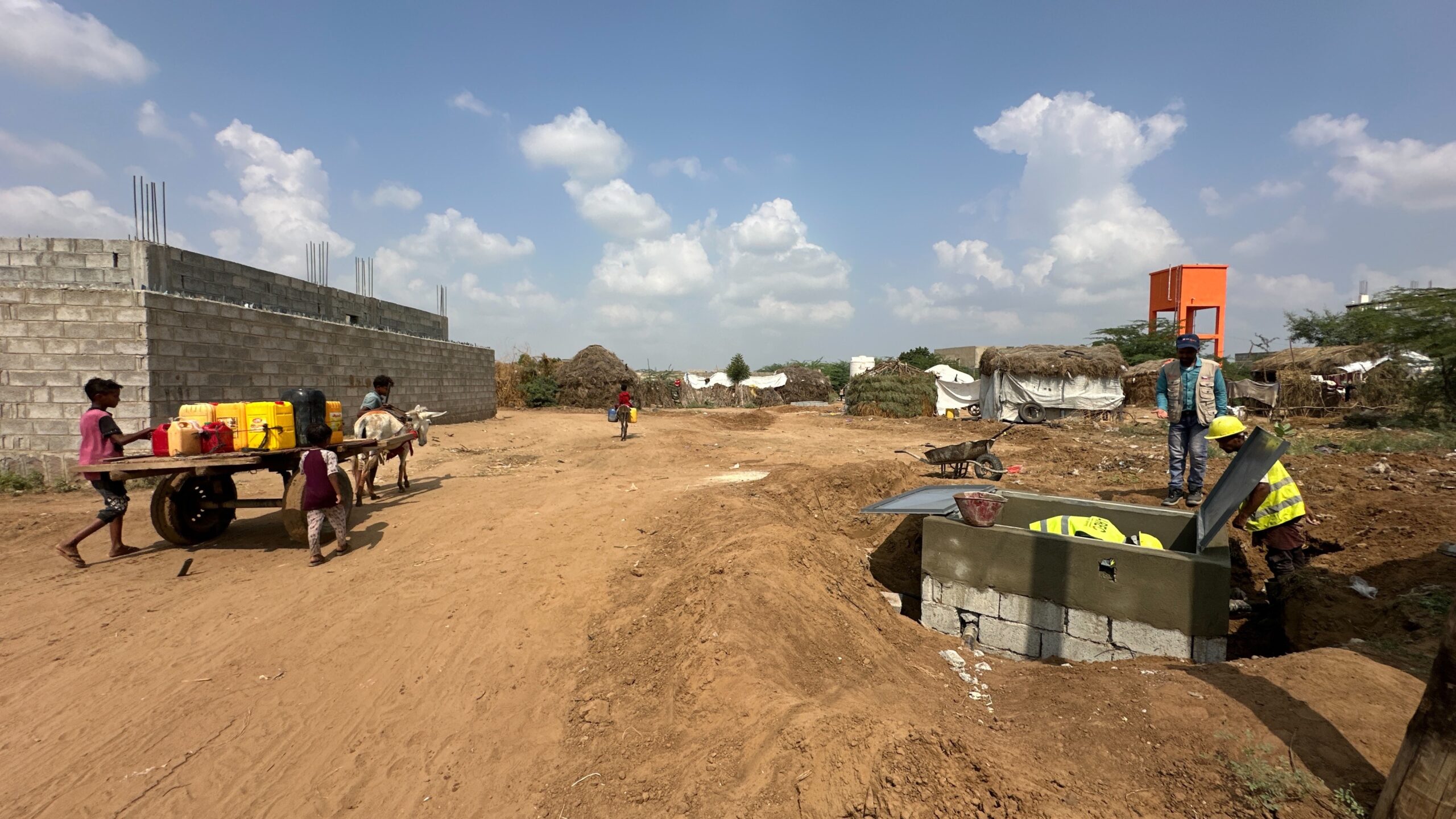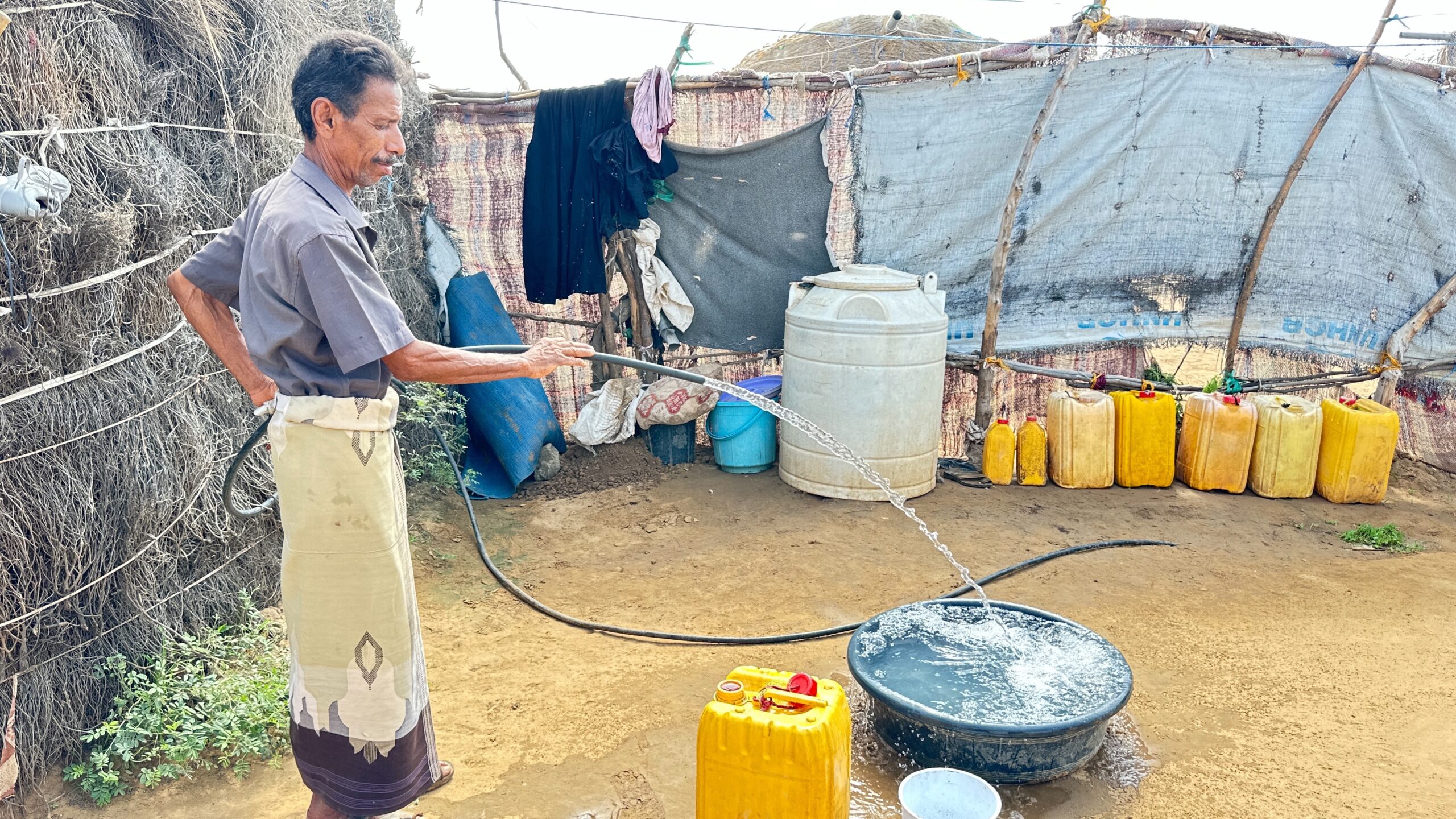In Yemen, internally displaced persons (IDPs) face immense suffering, compounded by a severe lack of water security. Years of conflict have forced these communities to abandon their homes, leaving them to grapple with daily challenges in accessing clean, safe water. This scarcity exacerbates their hardships, leading to widespread health issues such as waterborne diseases and malnutrition. Vulnerable groups, including women and children and the elderly, are particularly affected, often succumbing to preventable illnesses. The dire water situation also impairs basic hygiene practices, further deteriorating their already precarious living conditions.
According to the Yemen Humanitarian Needs Overview 2024, approximately 12.4 million individuals encountered difficulties in accessing water sources of adequate quality to prevent diseases, while 20.4 million have lacked sufficient quantities of water to meet essential daily needs, including drinking, bathing, and cooking.
Among those suffering is 50-year-old Maqbool, an IDP who lives in the Al-Qanawis district of Al Hodeidah Governorate. Forced to flee with his family of nine, Maqbool recounts the difficulties they face daily.
“Since fleeing our homes, we’ve never had a water source near our camp. We rely on donkeys to fetch water for drinking, washing, and even for the donkeys themselves, from faraway sources,” he says.




